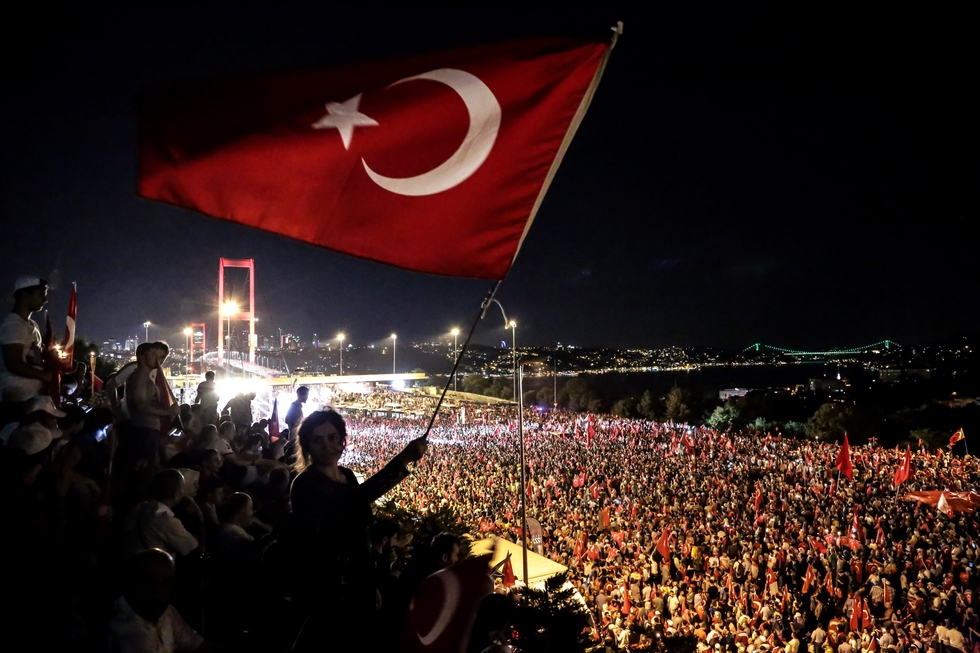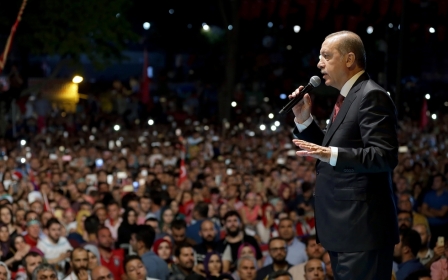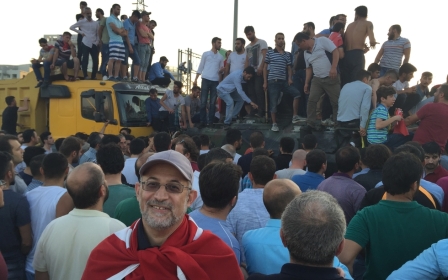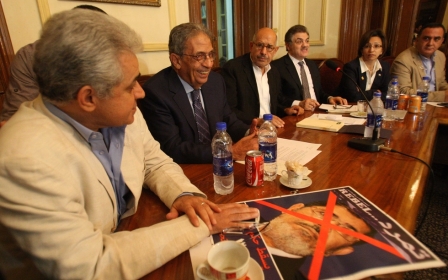Why was the West indifferent to – or in favour of - the Turkey coup?

The world media was taken by storm with the sudden fast-paced events in Turkey since Friday's coup attempt. Much of the Western media reported the military coup as successful, though reality showed otherwise. It was as if the West wished the coup to succeed. Much has been said on the bias of Western media in covering the events in Turkey, which ignored the consequences of the attempted coup and human suffering while largely criticising the government's response to it.
The pressing question is: why this deep bias against Turkey and ill-will toward its current leadership?
Turkish economic expansion
Relative to Europe, and the EU, which is due to shrink with the departure of the UK, Turkey’s economy is doing well. Since the ascent to power of the Justice and Development Party (AKP) in Turkey the country has seen a tremendous positive economic shift, with a GDP of $196bn in 2001 soaring to $823bn in 2013. This has been reflected in pubic services, including health, education and transport, as well as in the general standards of living. Today, despite the influx of refugees and surge in terrorist attacks on Turkey, the country is still one of the fastest-growing economies in Europe, with a growth rate of 3.8 percent in the second quarter this year making it the third-fastest growing economy in Europe.
Turkey is a global leader when it comes to investment in infrastructure. Turkey is currently building one of the world’s largest airports, which will eclipse other airports in Europe. It has just finished building Gazi Osman bridge, the world’s fourth-longest suspension bridge, which was one of several mega-projects waiting to be finished.
The Turkish military too has had its fair share of self-advancement over the years, and is moving away from foreign dependency for its military equipment.
Rising Ottoman and Islamist discourse
It is no secret that President Recep Tayyip Erdogan and the AKP are “Islamists”. For sure, the political system is secular, but the party does not hide its sympathies and President Erdogan has regularly criticised the West when it comes to foreign policy issues. These include issues pertaining to the Arab Spring, such as the military coup in Egypt and the Syrian conflict, which has resulted in hundreds of thousands of deaths. Moreover the Israeli occupation has regularly been criticised by Turkey, which maintains good relations with Hamas.
Beyond the region, Turkey has been one of the very few supporters of the persecuted Muslims in Myanmar. Turkey has also withdrawn its ambassador from Bangladesh over the hanging of leaders of the Jammat-e-Islami group, the largest Islamist group in Bangladesh.
Thus Turkey, at least morally, is not in line with Western foreign policy and does not shy away in revealing so. However, it does not propagate such issues as Islamist - rather they are put in the context of injustice and oppression, over which Turkey’s leadership makes a stand of solidarity with those people suffering from it.
Locally, Turkey today is no longer the Turkey of Mustafa Kemal, who forcefully secularised Turkey and persecuted its Islamic identity. Today, women have no problems wearing the hijab in schools or state institutions. During the most recent Ramadan, Turkey opened the largest mosque in the country, in Istanbul. Islamic education is booming and Arabic has just been incorporated into public school education.
This year, Turkey celebrated the 563rd anniversary of the conquest of Constantinople (Istanbul), the second consecutive year of anniversary celebrations, which were banned under Mustafa Kemal. The celebrations were attended by an estimated million people and were initiated with recitations of the Quran, and later included Ottoman army music and a speech by President Erdogan and Prime Minister Binali Yildirim.
All of this would have been unimaginable 15 years ago, and much more could be said to demonstrate Turkey’s identity revival.
Geopolitics
Traditionally speaking, the most important part of the world for the US has been Eurasia. Since World War II, Europe has continued to host the highest number of US troops outside the United States.
Long before global terrorism or the rise of China were topics of importance, Eurasia and the response to the Soviet Union dominated the concerns of US foreign policy and the bulk of academic political science discourses.
While Russia has increasingly become aggressive, both in perception and in action over the past few years (Georgia, Ukraine and Syria), the pressing need for a renewed discourse or coherent policy over Russia and Eurasia seems to have been largely ignored. Instead, the West seems to have imploded on itself with the rise of the far right, xenophobia, Trump and Brexit, and put global strategy on the backburner. Nonetheless, Turkey is in the heart of Eurasia, and an increasingly growing and powerful Turkey allows it to be more independent and shifts the balance of power in the region.
Many commentators in the Middle East region feel that Turkey was encouraged to confront Russia but abandoned by NATO to fend for itself. This was seen as intending to weaken Turkey. A contained Turkey within NATO is seen as more desirable for the West than an assertive and growing one.
Zbigniew Brzezinski, one of the most influential academics on American foreign policy, noted in his book The Grand Chessboard that not only is Eurasia the most important region to the US in the world, but also it should not be dominated by anyone else, and any rising powers should never be allowed to unite.
Turkey indispensable
Turkey is on the rise as a regional power, with a more assertive national and moral identity. It is at odds with the West over a number of issues, like the Arab Spring and support for Israel. A change in the leadership of Turkey where military Kemalists were to come back in power would have had Turkey turn its back on the Arab Spring, roll back on its revived national identity and befriend Israel, all which would have pleased the West and its media.
The possibility of a military coup has been ruled out in Turkey for the foreseeable future. Turkey has become much stronger than it was; it is in the process of consolidating power over its military and state institutions and is only expected to grow as a regional power.
Turkey is currently heading the Organisation of Islamic Conference and the G20, and is a key player in shaping Middle East politics. Turkey, at the end of the day, and regardless of the ideology and the aspirations of its leadership, remains a vital partner and ally for the West. Turkey is still a vital member of NATO and the coalition fighting ISIS. Its NATO membership is still regarded to be of considerable value.
Turkey is still pragmatic and is primarily driven by realist self interests and not ideology and the head of NATO just recently reaffirmed his confidence in Turkey’s partnership with the West.
While the West has not been able to hide its bias against Turkey’s political leadership and Turkey has clearly realised so, despite some bad blood and heated rhetoric, it will still be business as usual.
- Mustafa Salama is a political analyst, consultant and freelance writer. Salama has extensive experience and an academic background in Middle East Affairs.
The views expressed in this article belong to the author and do not necessarily reflect the editorial policy of Middle East Eye.
Photo: Pro-democracy supporters wave a Turkish national flag during an anti-coup rally at Bosphorus Bridge in Istanbul on 21 July, 2016 (AFP).
This article is available in French on Middle East Eye French edition.
New MEE newsletter: Jerusalem Dispatch
Sign up to get the latest insights and analysis on Israel-Palestine, alongside Turkey Unpacked and other MEE newsletters
Middle East Eye delivers independent and unrivalled coverage and analysis of the Middle East, North Africa and beyond. To learn more about republishing this content and the associated fees, please fill out this form. More about MEE can be found here.





